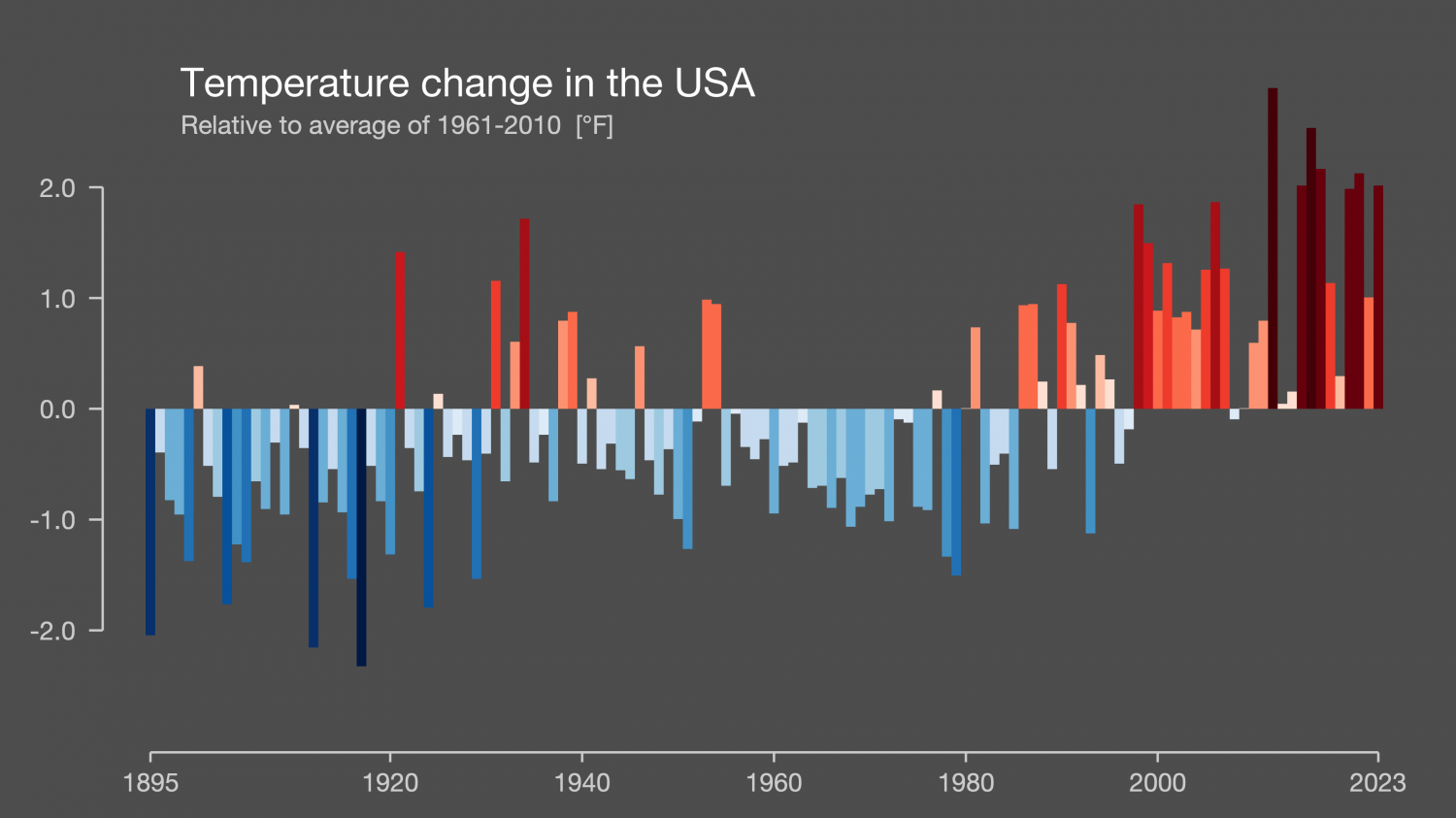New Under the Hood: New Holland Brings Its First Methane Tractor to US
A handful of just-arrived New Holland tractors look like all the rest — until you pop the hood.
New Holland is unveiling a methane-powered version of the T6.180 in North America, debuting a technology that is already established in Europe.





